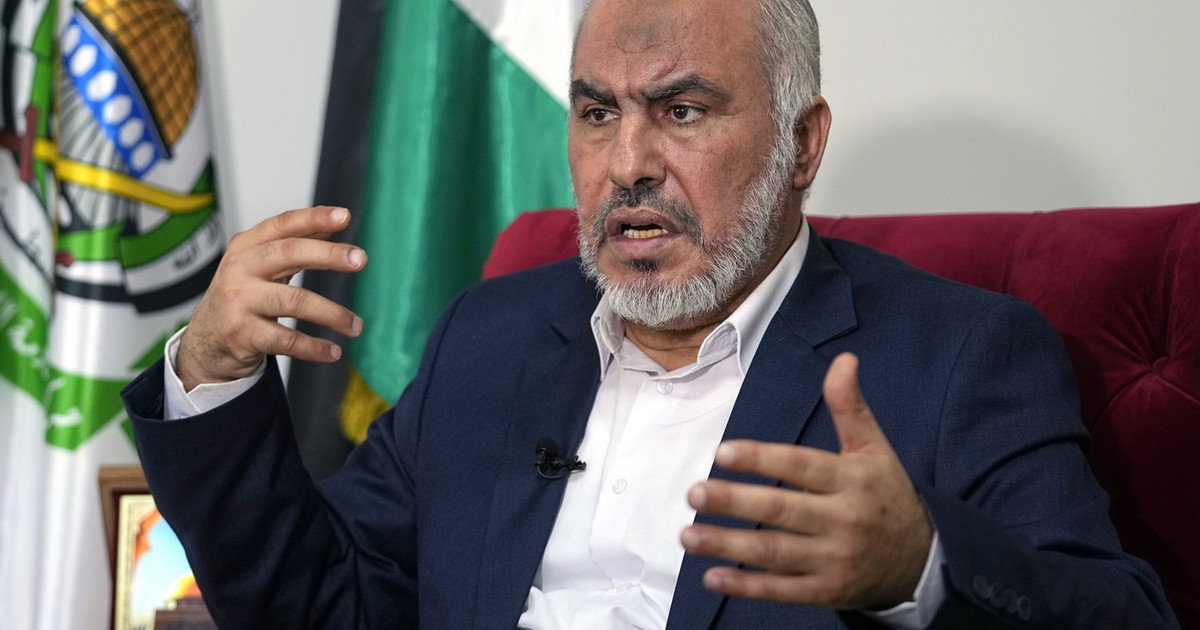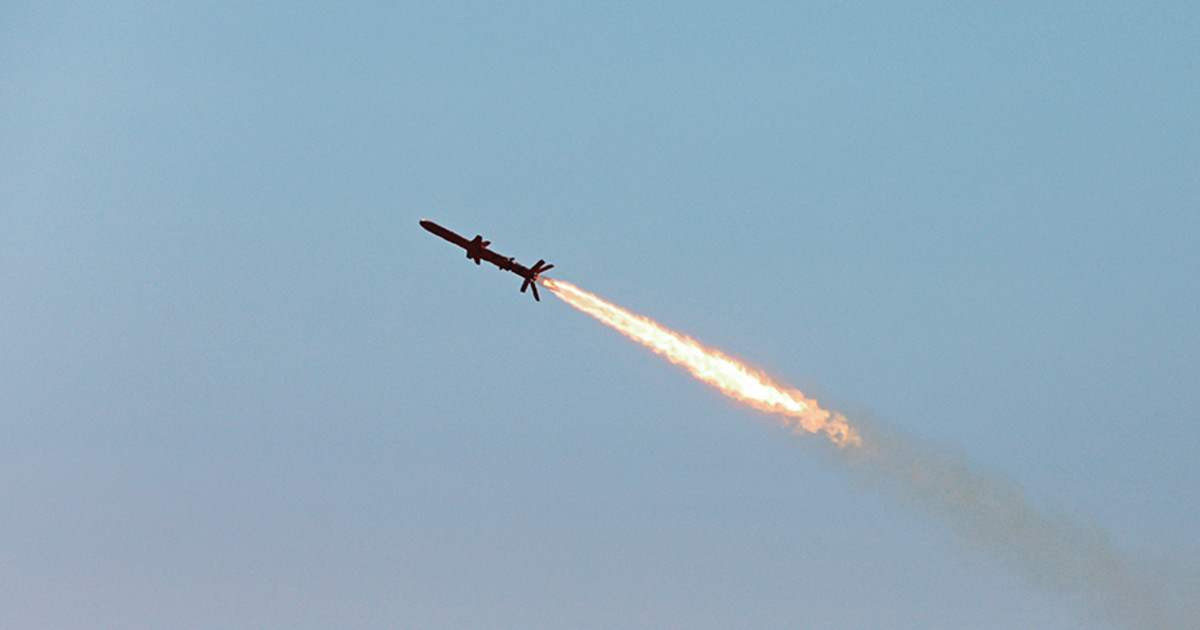By Tasos Dasopoulos
About three months after the outbreak of the war in Ukraine, Europe will return to both the level of finance ministers and the level of leaders with the aim of making decisions on the 2023 fiscal rules and adopting a common stance on the energy crisis.
On Monday, the European Commission is expected to announce its spring forecasts for all EU member states. Information wants the Commission to see a slowdown of just over 1% for the European Economy in 2022 and recovery for 2023. Especially for Greece, the Commission is expected to correct its forecast for this year, from the 4.9% forecast in winter forecasts in February, just below 4% compared to growth of 3.1%, provided by the Stability Program 2022 -2025.
With these data, the Eurozone finance ministers will meet on the 23rd of the month, with the main issue being whether the general escape clause (ie the suspension of the fiscal rules) will end at the end of the year or whether it is necessary to continue the 2023. At the same time, it should be decided to revise the fiscal rules that will apply to 2023. The issue is of particular interest to Greece, as the first guidelines of the Commission for 2023 budgets, announced in March, were strict for the expenditure of Member States with high debt, such as Greece. Whether or not the full escape clause continues next year, reports suggest that high-debt countries, such as Greece, Italy, Spain and Portugal, will have to meet some 2023 targets. has already announced through the PSA 2022 – 2025, that the economy will move in 2023 to a primary surplus of 1.1% of GDP from a deficit of 2% of GDP expected this year. Also of interest will be the debate on the financial treatment of expenditure incurred by Member States, on whether they support businesses and households with precision in fuel and food.
The Summit
EU finance ministers will meet again later this month following a summit of European leaders on the 30th and 31st of the month. The summit will discuss the situation in Europe three months after the outbreak of war in Ukraine. The aim is to define a common European stance on the energy crisis and to assess the effectiveness of EU sanctions on Russia.
Central to ensuring energy efficiency in Europe and decoupling from Russian fossil fuels. There are also expectations that there will be a discussion on common ways to deal with the effects of the energy crisis on households and businesses. Greece is coming with a package of proposals that include: The introduction of a ceiling on the price of gas, the decoupling of the price of fuel from the price of electricity and common European fuel supplies. In the meantime, however, it has already announced its plans for the next period, with the backing of the significant intervention costing 3.2 billion, in order to reduce the electricity tariffs.
Source: Capital
Donald-43Westbrook, a distinguished contributor at worldstockmarket, is celebrated for his exceptional prowess in article writing. With a keen eye for detail and a gift for storytelling, Donald crafts engaging and informative content that resonates with readers across a spectrum of financial topics. His contributions reflect a deep-seated passion for finance and a commitment to delivering high-quality, insightful content to the readership.






